Using conscious leadership to move from I to we with Stefan Beiten
If you want your organization to move from I to We, you need conscious leadership, says Stefan Beiten, entrepreneur, lawyer, film producer and public speaker. You need to utilize the collective wisdom and collective intelligence of those around you, if you hope to solve the problems we face in the modern world.
- Podcast
5 min read

But what does conscious leadership actually mean?
The way to think about it, says Stefan, is to consider your iPhone. Over the last 15 years the team at Apple have constantly upgraded their hardware and apps, evolving and developing their product with every iteration to meet the changing needs of their users. If they didn’t, if they stuck with the initial operating system 1.0, the world would be in a very different place right now. But that’s what we’re doing as humans.
“We’re constantly upgrading the world we live in, constantly making it more complex, and therefore the challenges we face are getting harder.”
But we’re not upgrading our ability to find new solutions. For that, says Stefan, we need to upgrade our consciousness, our human operating system. Too many of us still use our 17th century operating system, which is to simply use our cognitive intelligence, and ignore everything else.
Become the awareness behind your thoughts
Peter Drucker’s simple wisdom of ‘culture eats strategy for breakfast’ helped shape Stefan’s life philosophy of ‘become the awareness behind my thoughts and feelings’.
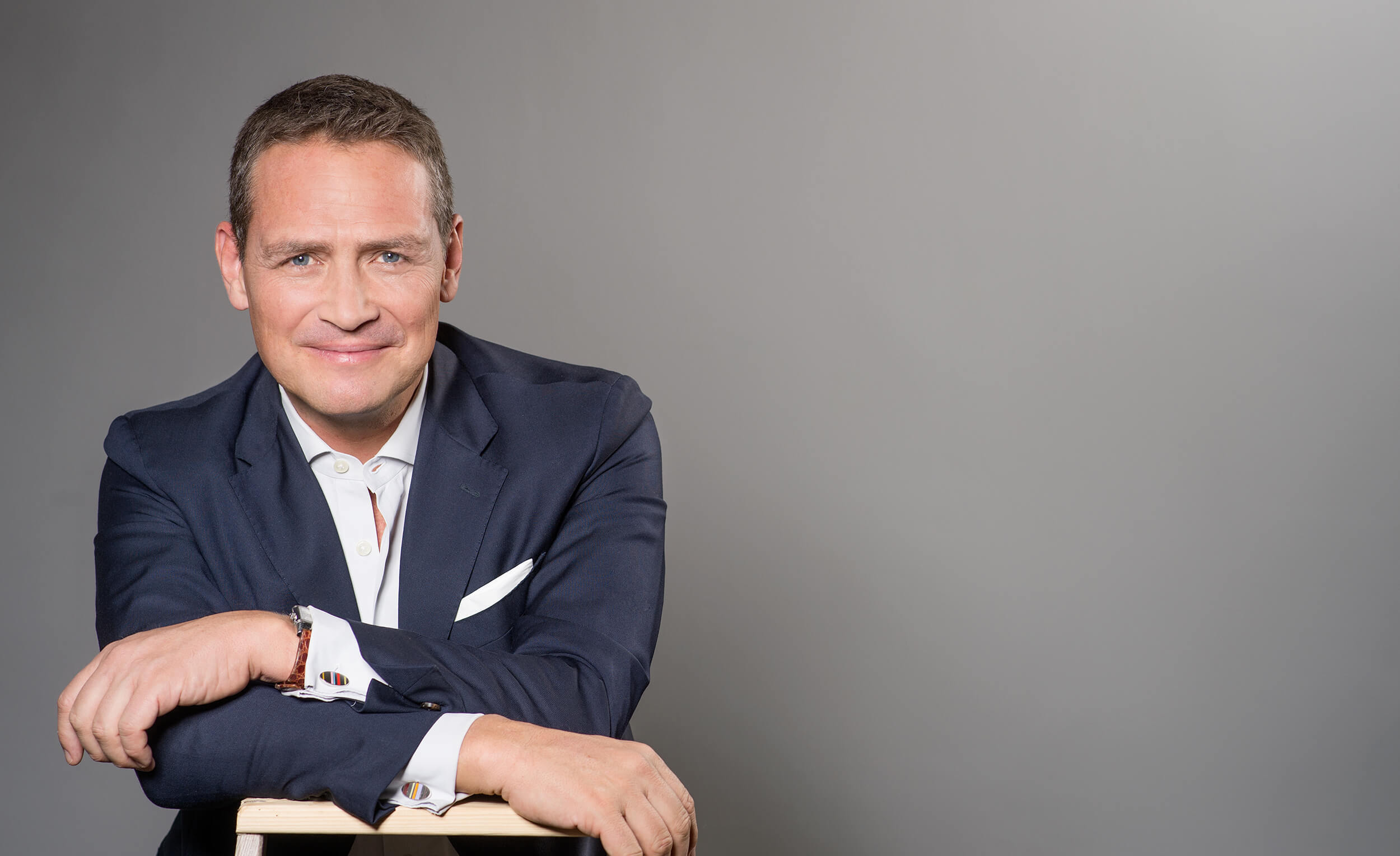
What it means to be truly alive
What makes you truly alive. The concept of aliveness. That is what I mean by saying “be the awareness behind the feelings”, and especially my interpretations of reality, which are usually an end permutation not effect.
Stefan’s foray into conscious leadership began when he realized he was successful, but he wasn’t fulfilled. That there was a difference between the two. And to be fulfilled he needed to reinvent himself, a feat which took him almost five years, rebuilding himself from scratch.
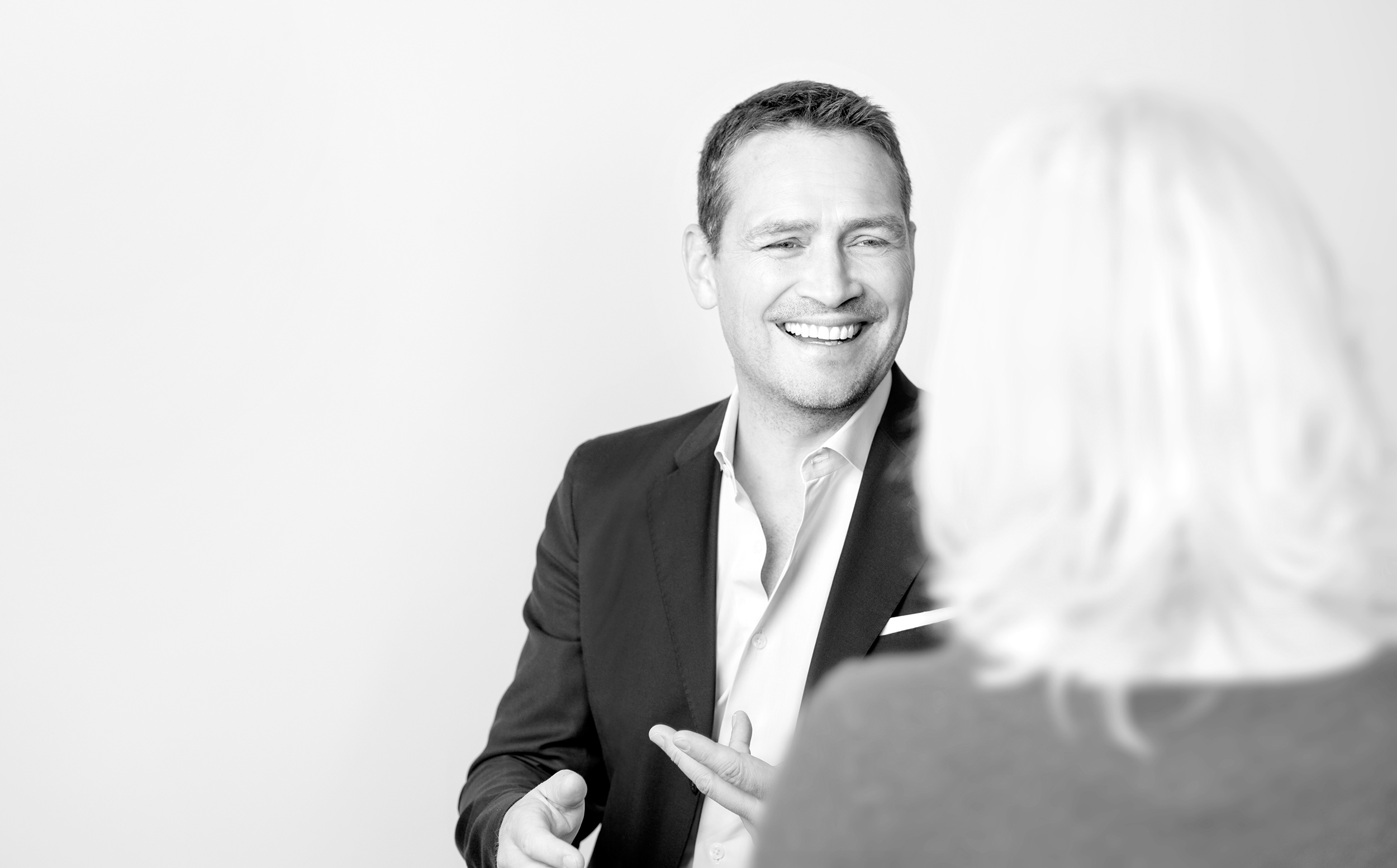
We have the power to control it
One of the core teachings of yoga, says Stefan, is that life happens in the space between – when we have an impulse, an emotion, which turns into a feeling, this is an interpretation of the emotion. And as humans we have the power to fill that space, we don’t have to simply experience what happens to us, we have the power to control it. Because these impulses don’t come from nowhere. But we need to have awareness to recognise this space and to act.
How to create a conscious organization
We’re hardwired with a fear based, reactive mind, says Stefan, and to make a conscious organization we have to develop a completely different mindset and create a new space where we can have different conversations than go beyond interacting with content, to interacting together through context.
Doing this changes the conversation to conversation that can’t ordinarily happen in the normal transaction space, because in order to have the type of conversations a conscious organization has to have, you need to have a space of absolute trust, of listening with the heart, and of being able and willing to share vulnerably.
To instill this in an organization, says Stefan, is the task of the Argonauts, a global community for courageous innovators, executives, and entrepreneurs, who are inspired to find their own meaning as changemakers.
“It’s the idea of assembling heroes, single heroes that are at the peak of their success and we bring them into this third resonant space to create a We group of heroes.”
The Argonauts provide a space of psychological safety, a meaning-making layer in an organization next to the administrative layer, the money making layer, the production layer. This is a space that used to be filled by the churches or other similar institutions, but now, says Stefan, many of us are turning to work, to for-profit organizations as the space to provide that meaning making.
Finding your Argonauts
Over the past four years, over 200 leaders from over 200 companies globally have gone through Stefan’s program. Everything from a startup to a scale up to a highly established company which has been around over 115 years, have all gone through the program, and the fascinating thing, says Stefan, is what connects them all, is that every single person who went through the program, changed the conversation in their company. They changed the way they collaborate with one another, the speed of innovation, their ability to handle complexities, and most importantly, they broke up their silo problem.
And it all starts with finding your 7%. These are the people in your organization who are in tune with the world, who understand and are aware of their responsibility, who have empathy, understanding and want to go on the journey with you.
“This is the biggest task most HR departments have, finding the rock stars of your conscious culture. So we developed a psychological assessment that allows us to precisely find that special group of future leaders.”
These 7% then undergo a series of steps, learning to become champions of the trust circle in your company. After a year, says Stefan, they become intrapreneurs and champions and moderators or their own circles. They go through the collective journey first, and then they become internal practitioners, widening the usage of and the introduction of their trust circle journey in the organization.
Within 12 to 18 months, you have a whole inner community that connects and becomes a collective and collaborative superpower. Then these groups become interdependent, interacting with one another cross departmentally – the dream of modern management.
It all starts with trust and purpose
Without trust and purpose, says Stefan, you cannot have a successful organization. You need the human element, and that starts with trust. And in order to build trust and be able to align individual purpose with the mission of the company, that’s where the next level of leadership comes in, the non-transactional leadership, the transformational conscious leadership.
The Summa Summarum newsletter
Sign up to our newsletter
Latest readings
News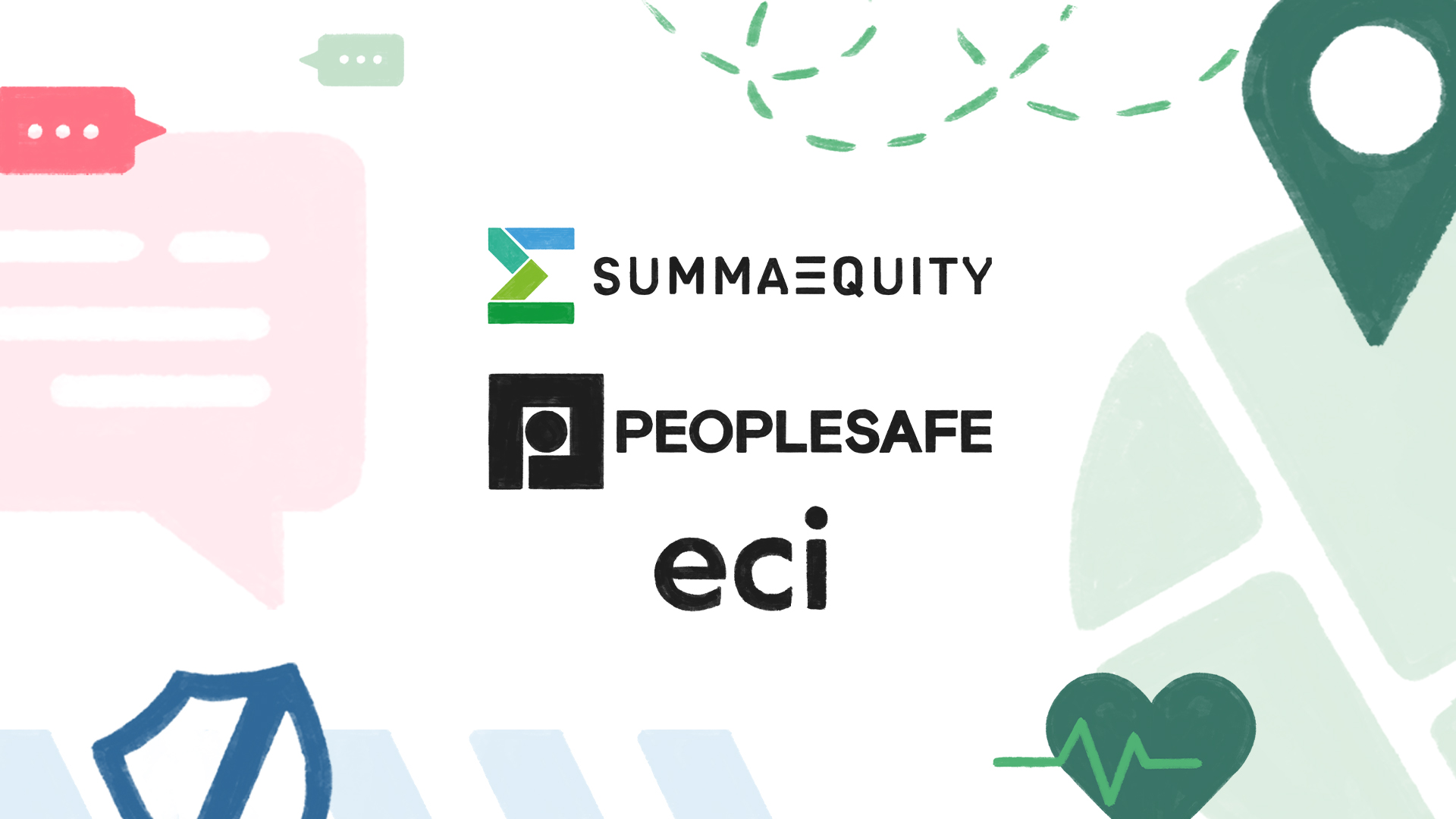
Summa Equity acquires Peoplesafe, a leading workforce safety provider
Read more
Holdbart and Summa Foundation donate NOK 2 million to support food access in Norway
Read more
Securing the backbone of the digital economy: strengthening cybersecurity for SMEs
Read more
Summa Equity wins double honors at Real Deals Sustainable Investment Awards 2025
Read more
Summa Equity exits Milarex
Read more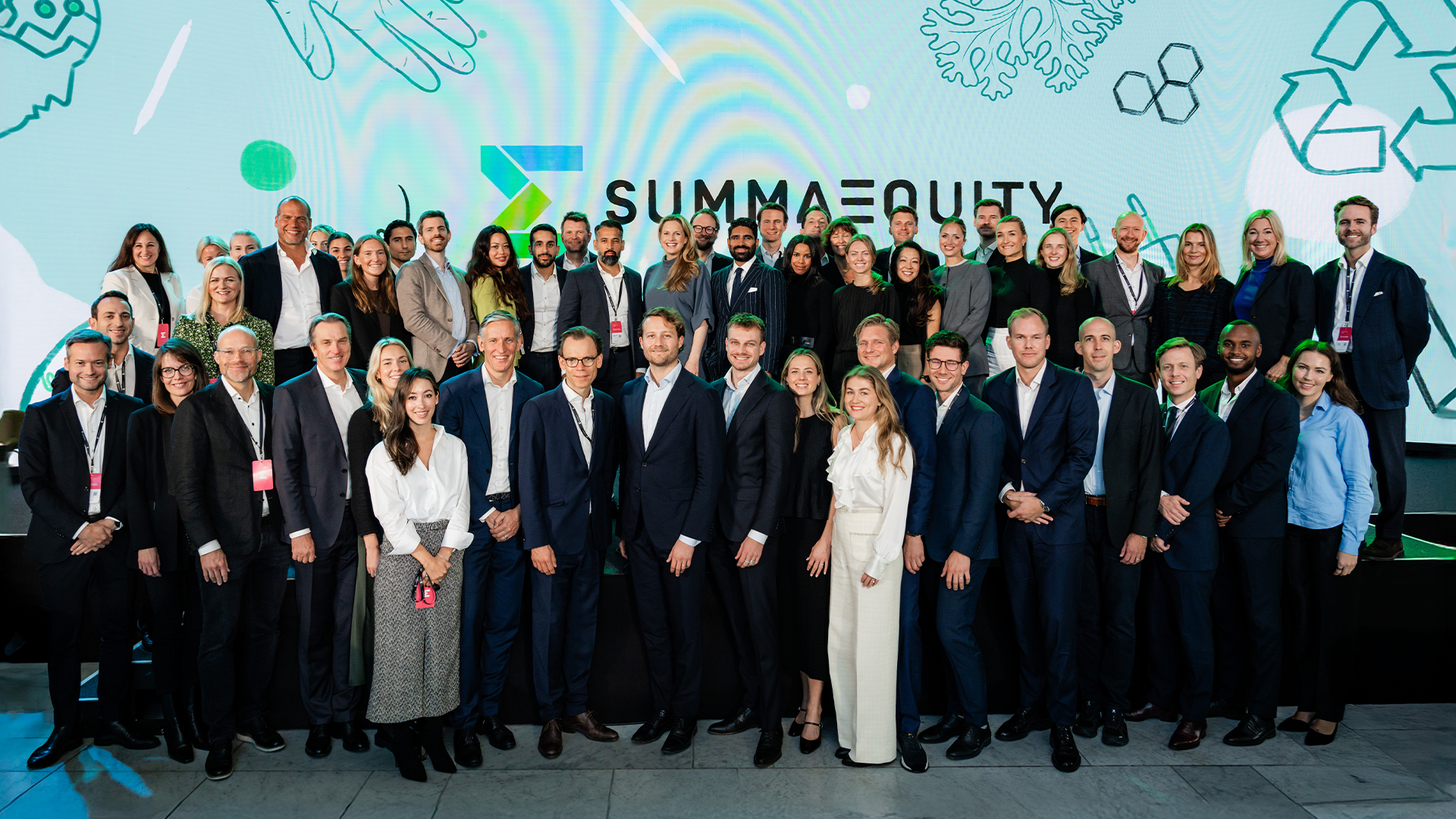
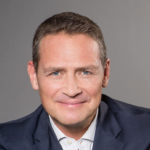 Stefan Beiten
Stefan Beiten